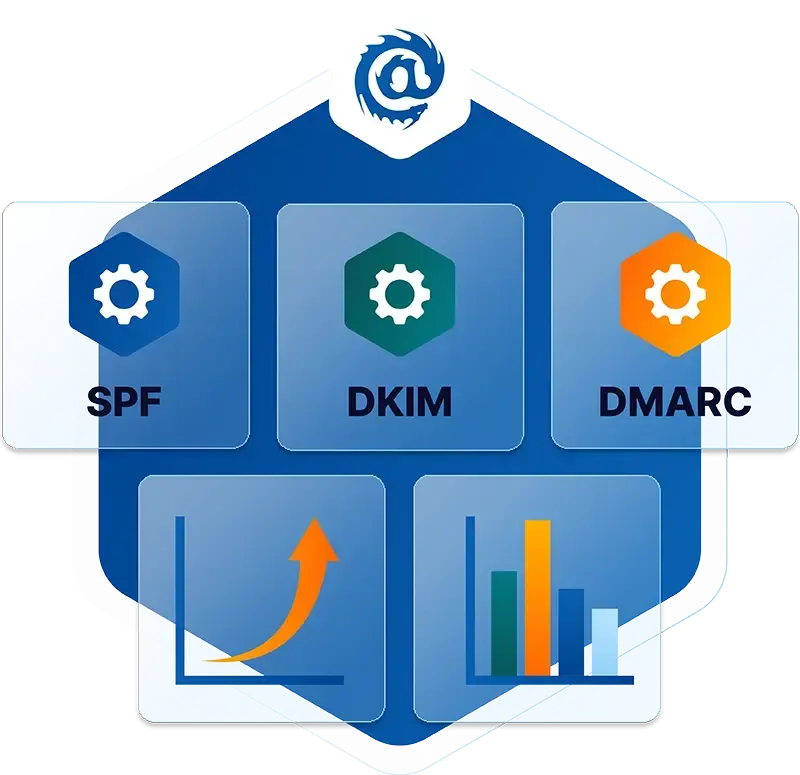Table of Contents
GhostGPT Explained
GhostGPT operates as an unrestricted AI chatbot available on platforms like Telegram and dark web forums. Unlike traditional AI models, it does not block harmful prompts. Threat actors use it to generate phishing emails, exploit code, and impersonation scripts quickly and anonymously. Its no-login, fast-access design makes it attractive even for low-skilled attackers.
How Are Cybercriminals Using GhostGPT?
Cybercriminals use GhostGPT to accelerate, automate, and scale social engineering and phishing attacks with alarming accuracy. Because it operates outside the constraints of responsible AI platforms, GhostGPT provides attackers with uncensored capabilities that aid in crafting convincing, malicious content in seconds.
Here are key ways it’s being used:
-
Crafting convincing phishing emails: GhostGPT can generate polished, grammatically correct emails that mimic corporate language, making them harder to detect as fake.
-
Creating social engineering scripts: It produces realistic backstories, pretexts, and conversation scripts that attackers use in impersonation attempts or voice phishing (vishing) scams.
-
Bypassing content filters: Messages written with GhostGPT often lack traditional threat markers, allowing them to evade keyword or rule-based detection systems.
-
Supporting multilingual attacks: GhostGPT can fluently translate phishing and scam content into multiple languages, helping attackers launch global campaigns.
-
Automating scam and fraud content: From job offer scams to fake invoices, GhostGPT generates emails, documents, or even entire fraudulent websites to support large-scale fraud operations.
-
Enabling insider risk: Threat actors may use GhostGPT to help disgruntled employees or compromised insiders create covert messages, exfiltrate data, or mislead coworkers.
-
Developing malware instructions: While most AI tools block malicious code generation, GhostGPT can write basic scripts or offer guidance to help novice attackers craft malware or exploits.
GhostGPT in Email Security
GhostGPT poses a serious threat to email security by enabling attackers to generate highly convincing, targeted messages at scale. Its ability to mimic tone, formatting, and context allows it to enhance a range of email-based attack types. These threats are often customized by industry, exploiting specific business processes, trusted tools, and urgency signals.
Here’s how it’s being used across different sectors:
-
Business Email Compromise (BEC) and impersonation: GhostGPT can craft emails that impersonate CEOs, finance leads, or vendors that often target industries like finance, real estate, legal, and manufacturing, where financial approvals are routine and urgency is common.
-
Clone phishing: Used to replicate login pages and notifications from services like Microsoft 365, Dropbox, or DocuSign. This method is especially effective in technology, healthcare, and education, where employees rely on cloud-based platforms.
-
Malware delivery through attachments: Attackers generate clean-looking emails with malicious PDFs, Excel files, or zipped scripts. These campaigns frequently target insurance, government, and critical infrastructure sectors where document-based workflows are common.
-
Spear phishing and account takeover: Personalized emails based on role, location, or activity logs that are crafted to build trust and drive malicious clicks. Common in executive leadership, HR, and procurement departments across all industries.
By making these attacks more believable and easier to launch, GhostGPT raises the stakes for organizations relying on traditional rule-based email defenses.
How IRONSCALES Protects Against GhostGPT and GenAI Email Threats
IRONSCALES helps organizations stay ahead of evolving threats like GhostGPT with an integrated, AI-powered email security platform designed to detect, prevent, and adapt in real time.
- Industry-Leading Adaptive AI Technology: Continuously analyzes user behavior, message context, and threat signals to detect malicious emails that traditional filters miss such as those generated by large language models.
- API Integrations: Seamlessly connects with Microsoft 365 and Google Workspace to provide inbox-level visibility and enable fast, automated threat remediation without disrupting email flow.
- Generative AI Threat Protection: Identifies and neutralizes emails crafted using generative AI, including deepfake phishing, tone-matched impersonations, and synthetically created malicious content.
- Built-In Security Awareness Training and Phishing Simulation: Empowers users to spot and report GenAI-powered phishing through interactive simulations and real-time coaching, helping build a stronger human firewall.
Together, these capabilities provide a proactive defense that evolves alongside AI-driven threats.
Connect with our team to see our email security solutions can help strengthen your security posture! https://ironscales.com/request-a-demo
Explore More Articles
Say goodbye to Phishing, BEC, and QR code attacks. Our Adaptive AI automatically learns and evolves to keep your employees safe from email attacks.

/Concentrix%20Case%20Study.webp?width=568&height=326&name=Concentrix%20Case%20Study.webp)










